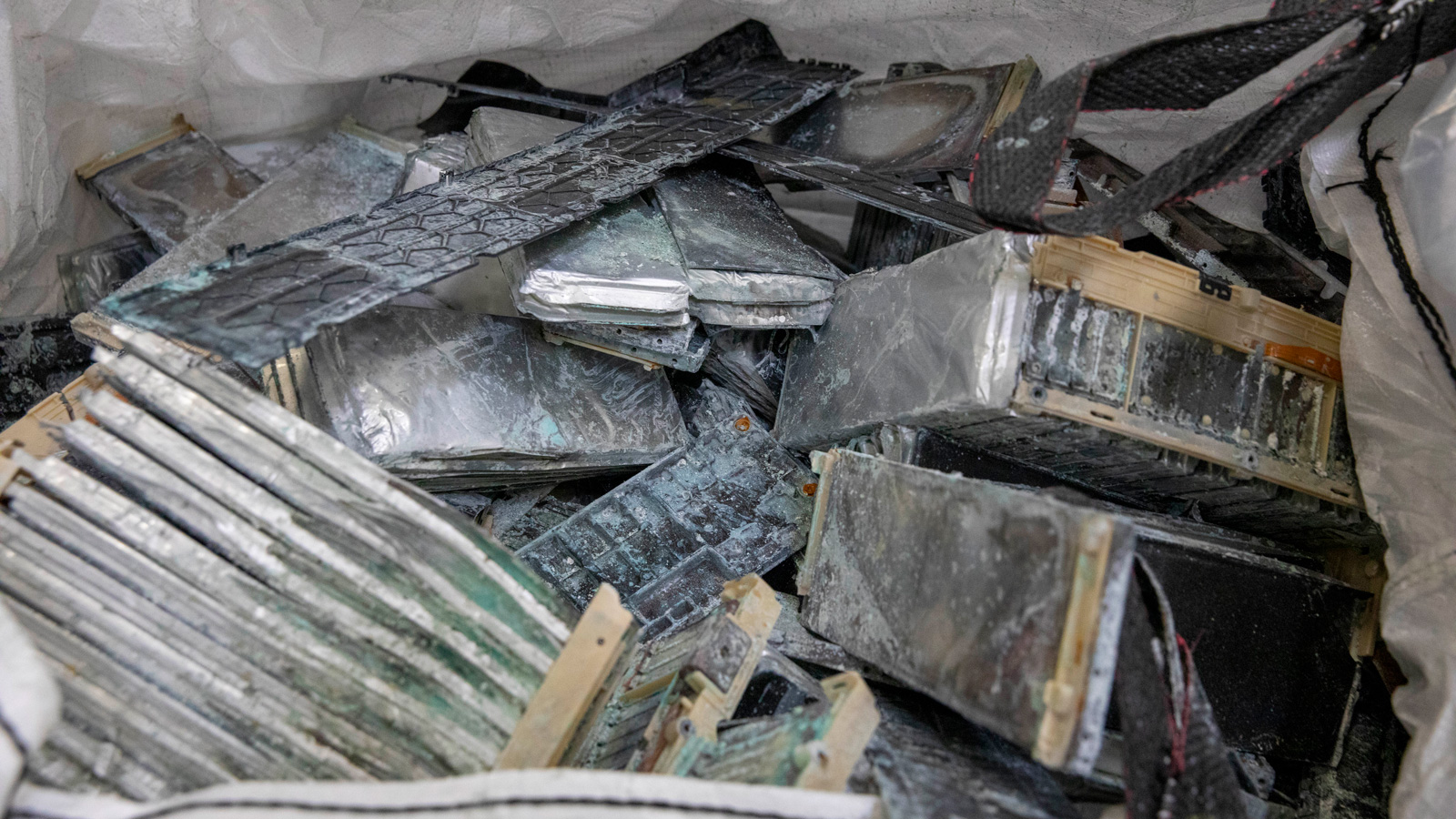
Fair warning, haven’t done a ton of research into this yet.
As far as I know recycling batteries is generally a pretty expensive process so mandating it may be a pretty hard sell. The US government should definitely be investing money into improving those processes though.

I think an easier solution would be cost neutral mandated storage of expended batteries. This would happen in 4 phases:
- Upon purchase, there is a tax/free to cover transport and storage costs, and a deposit relative to battery size/improper disposal impact
- Once expended, the batteries are returned to the closest local centre. Deposit is returned to the customer.
- From the local centres, batteries are collected and stored, potentially long term. This cost is captured in the tax/fee.
- Battery recyclers can purchase the expended batteries for the cost of only the tax/fee and deposit. This could potentially be reimbursed based on % of battery recycled, but I don’t think that is economically necessary.
Basically a combination of a bottle deposit and a tire fee. It ensures batteries have a safe space to be stored until such time as it is economically viable to recycle them.
As recycling becomes more economical, recyclers might start to purchase direct from consumers, removing state involvement from the loop.

I know this is a HARDER sell to America than recycling, but it’s fairly important we reduce the amount of vehicles on the road. Switching to EV’s means cars not emitting much carbon while they run but they still need those batteries, they put more wear and tear on the roads which will need to be resurfaced more often. They are still going to be traffic. They are still going to encourage more highway widening projects which affect poorer communities disproportionately when they choose to demolish areas to put in more lanes. They still contribute to the erosion of available permeable land.
Are they better than combustion cars? Sure! Absolutely, but they aren’t a magic pill and if they really aren’t, then it may be better to focus on reducing our dependence on personal automobiles in the first place. Let’s see more transit and rail. Let’s see zoning change so that we can build grocers and cafes close enough to where we live that we would rather just walk across the street than hop in a car.
Edit: I forgot one of the main lines I was going to write. We always talk about recycling, but remember that it was the LAST resort of the three R’s. Remember those? Do these in this order, Reduce, Reuse, and THEN if you can’t do those, recycle.

@Butterbee @alyaza Doing my part by working from home.


